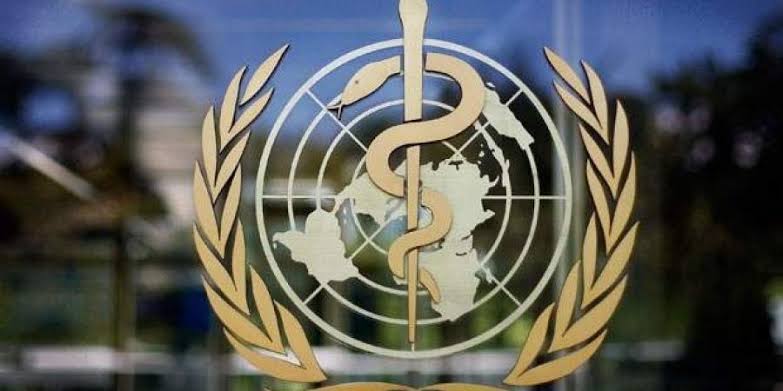By Asmau Ahmad
The World Health Organisation (WHO) has called for an end to human rights violation in mental health, noting that abuses and coercive practices remain common in majority of psychiatric hospitals globally.
WHO in a new guidance released on Thursday, the UN health agency recommended community-based mental health care focusing respect for human rights as well as successful and cost effective recovery.
“Mental health care recommended in the new guidance should be located in the community and should not only encompass mental health care. It should also encompass support for day-to-day living, such as facilitating access to accommodation and links with education and employment services.’’
A statement posted by WHO stated that the new “Guidance on community mental health services: promoting person-centered and rights-based approaches” further affirms that mental health care must be grounded in a human rights-based approach.
It noted that mental health care should be grounded in a human rights based approach as recommended by WHO in Comprehensive Mental Health Action Plan 2020-2030, endorsed by the World Health Assembly in May 2021.
The statement stated that much faster transition to redesigned mental health services required comprehensive new guidance.
The statement quoted Dr Michelle Funk of the Department of Mental Health and Substance Use, who led the development of the guidance, as saying, mental health services require this comprehensive new guidance.
“It requires it to provide a strong argument for a much faster transition from mental health services that use coercion and focus almost exclusively on the use of medication to manage symptoms of mental health conditions.
“Also, to a more holistic approach that takes into account the specific circumstances and wishes of the individual and offers a variety of approaches for treatment and support.”
Since the adoption of the Convention on the Rights of Persons with Disabilities (CRPD) in 2006, an increasing number of countries have sought to reform their laws, policies and services related to mental health care.
However, to date, few countries have established the framework necessary to meet the far-reaching changes required by international human rights standards. Reports from around the world highlight that severe human rights abuses and coercive practices are still far too common in countries of all income levels.
Examples include forced admission and forced treatment; manual, physical and chemical restraint; unsanitary living conditions; and physical and verbal abuse. The majority of government mental health budgets still go to psychiatric hospitals.
According to WHO’s latest estimates, governments spend less than two per cent of their health budgets on mental health.
Furthermore, the majority of reported expenditure on mental health is allocated to psychiatric hospitals, except in high-income countries where the figure is around 43 percent.
The new guidance, which is intended primarily for people with responsibility for organising and managing mental health care, presents details of what is required in areas.
It presents details of requirement in areas, such as mental health law, policy and strategy, service delivery, financing, workforce development and civil society participation in mental health services.
It includes examples from countries including Brazil, India, Kenya, Myanmar, New Zealand, Norway and the United Kingdom of community-based mental health services that have demonstrated good practices in respect of non-coercive practices, community inclusion, and respect of people’s legal capacity.




